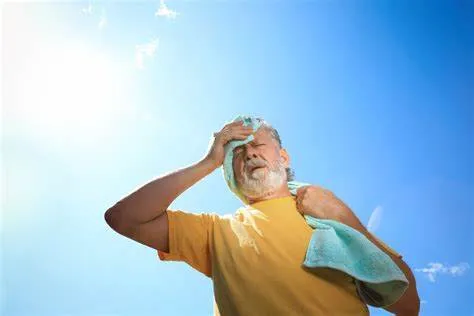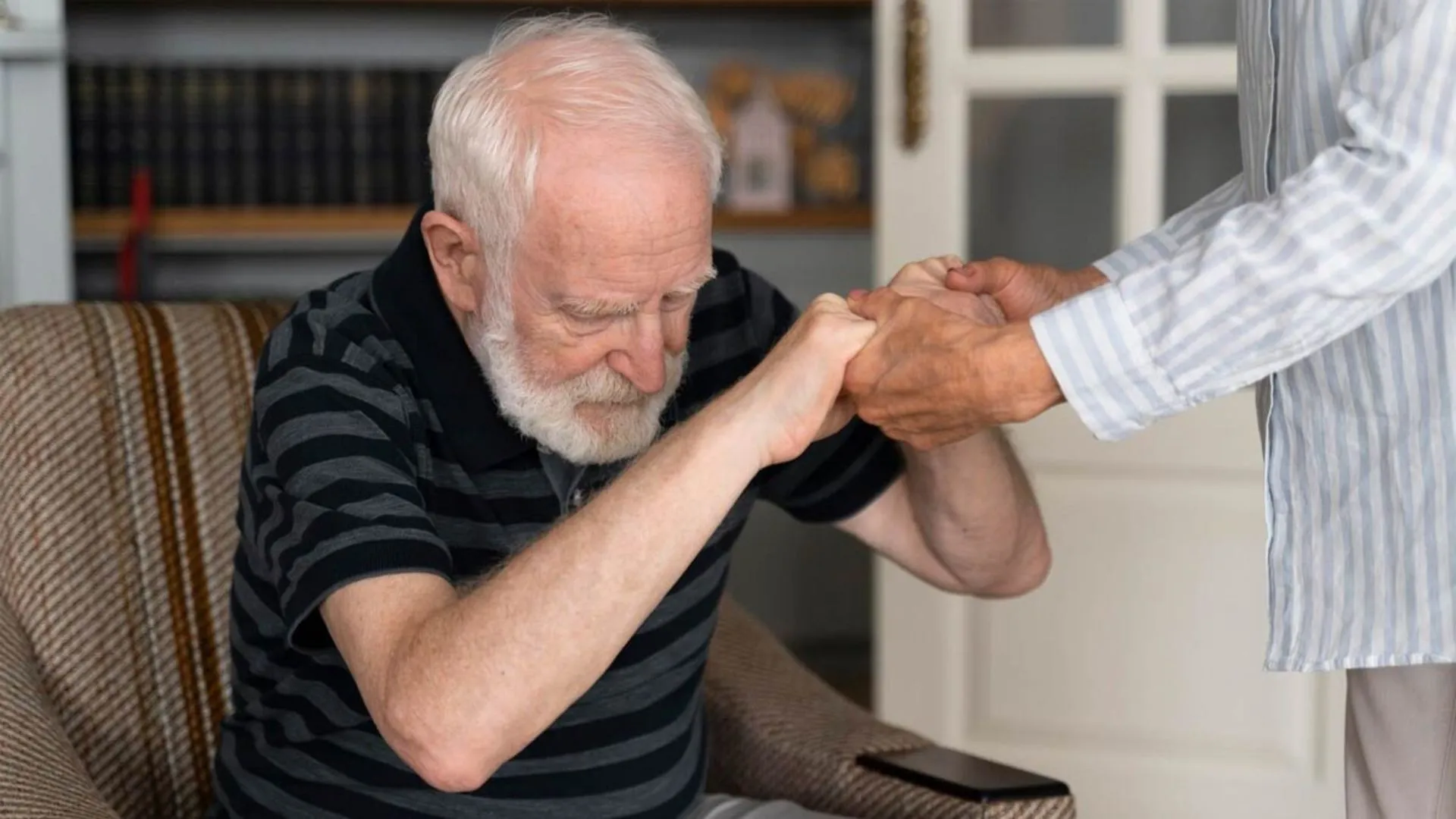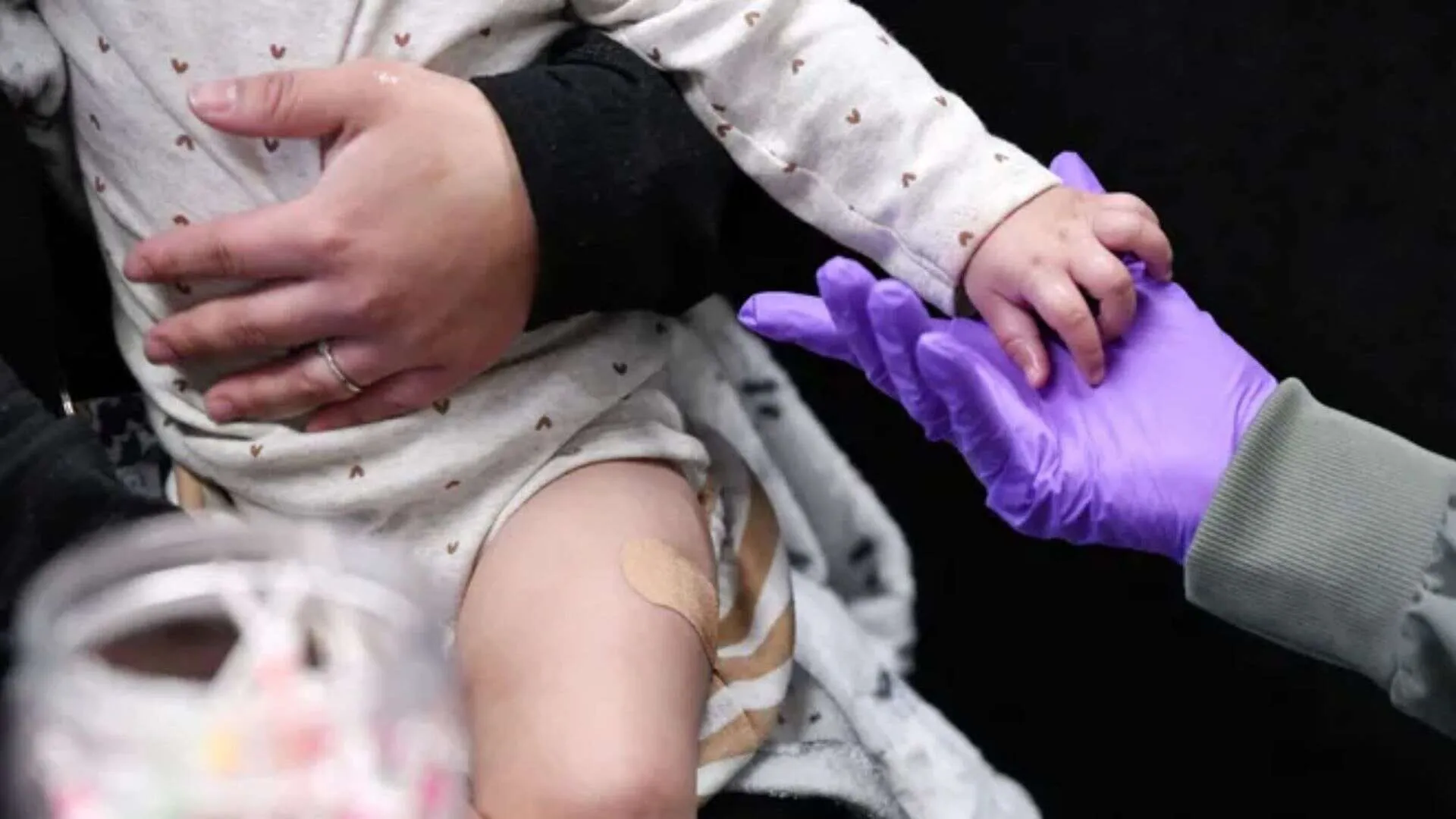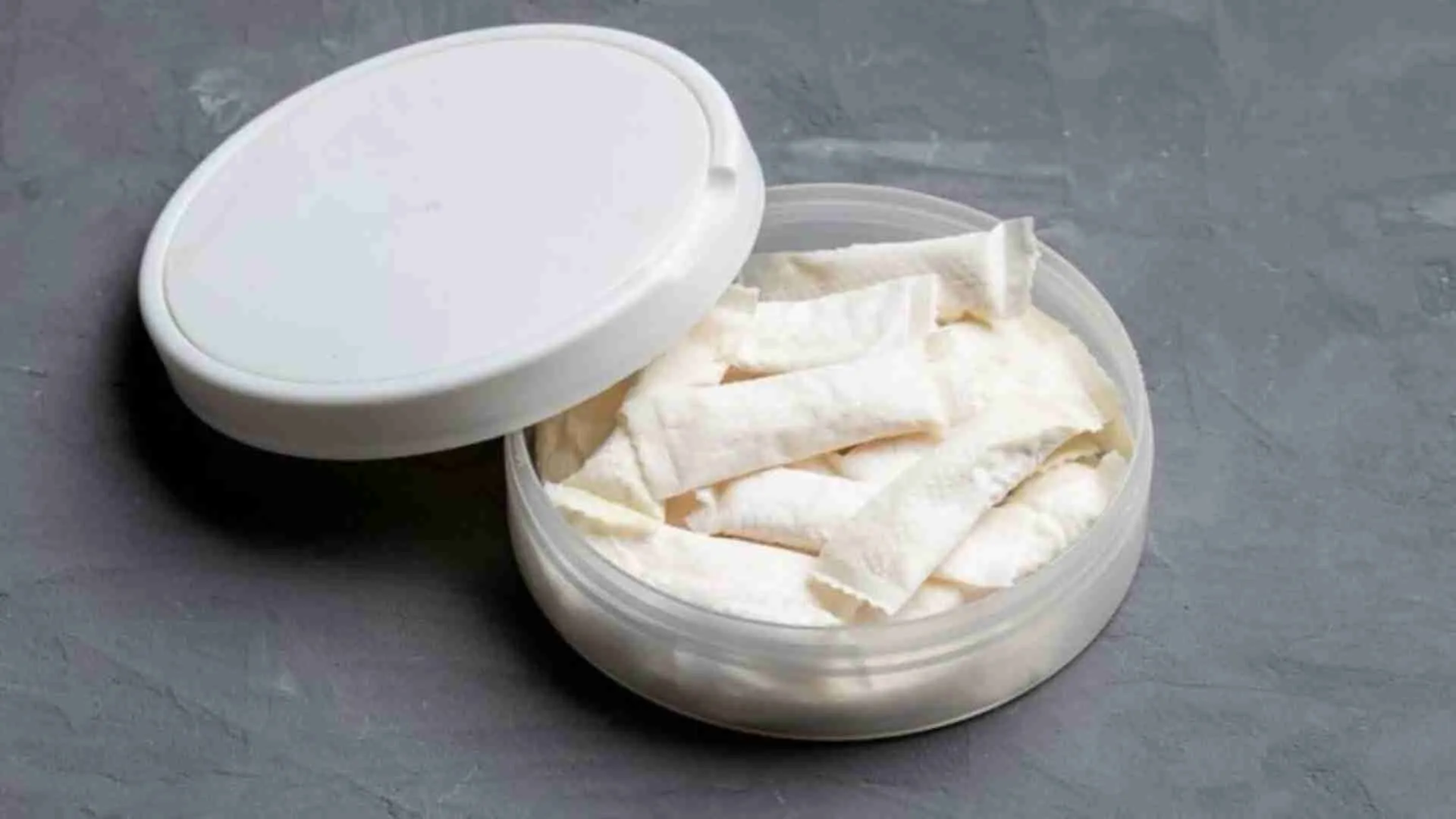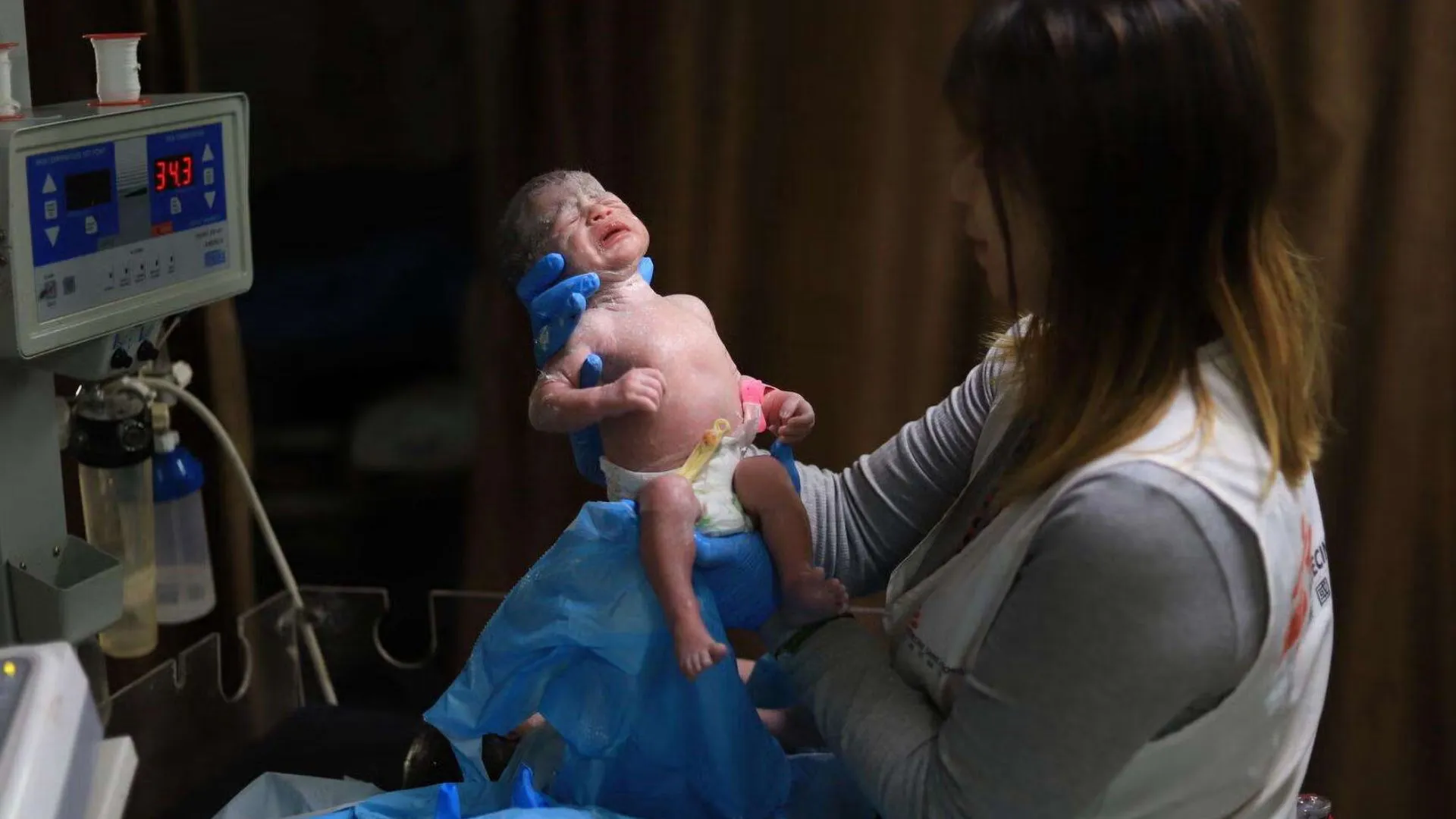As climate change accelerates, extreme weather events like heatwaves are becoming more frequent and intense. While most people focus on the immediate dangers of heat, such as dehydration and heat strokes, recent research has revealed another alarming effect—heat may also accelerate the ageing process. A new study from the University of Southern California has found that prolonged exposure to intense heat can speed up biological ageing, especially in older adults. This groundbreaking research raises important concerns about the long-term health implications of the rising global temperatures.
What Is Biological Ageing?
Before diving into the findings of the study, it’s essential to understand the concept of biological ageing. Unlike chronological age, which simply refers to the number of years a person has lived, biological age refers to how well the body is functioning at the cellular and molecular levels. It considers various factors such as the integrity of DNA, the efficiency of cellular repair processes, and the functioning of different organ systems. Essentially, biological age reflects how well the body is ageing internally, regardless of the person’s age on paper.
A person’s biological age can differ significantly from their chronological age. Those who are biologically older than their chronological age may experience an increased risk of diseases such as diabetes, cardiovascular problems, and even early death. Thus, understanding the factors that accelerate biological ageing is crucial for developing strategies to improve public health, especially as the global population ages.
The USC Study on Heat and Ageing
The study, published in the peer-reviewed journal Science Advances, involved nearly 3,700 participants, with an average age of 68. Over the course of six years, the researchers examined the effects of prolonged heat exposure on biological ageing. The participants’ whereabouts between 2010 and 2016 were tracked, and the severity of heatwaves they experienced was measured using the US Heat Index, which divides heat levels into three categories: Caution (temperatures up to 32°C), Extreme Caution (32-39°C), and Danger (39-51°C).
The researchers collected blood samples from the participants and used three well-known biological ageing clocks—DunedinPACE, PCGrimAge, and PcPhenoAge—to measure how much quicker people aged. These clocks are tools that assess the genetic and epigenetic changes that occur over time, offering insight into the underlying biological processes of ageing.
Findings: Heat Exposure Accelerates Ageing
The results of the study were shocking. It revealed a direct link between heat exposure and accelerated biological ageing. People who were exposed to higher temperatures during the study period showed a faster rate of biological ageing, according to the three biological ageing clocks. For instance, the PCGrimAge clock showed that individuals exposed to extreme heat experienced an additional 1.09 years of ageing. Meanwhile, the PcPhenoAge clock showed an even more significant effect, with participants aging 2.48 years faster than expected.
Over the six-year trial, some individuals experienced the equivalent of 8.48 years of ageing due to heat exposure, instead of just the anticipated six years. These findings suggest that heatwaves don’t just harm us in the short term but can have long-lasting effects on our biological health, leading to accelerated ageing over time.
How Does Heat Speed Up Ageing?
The underlying mechanism of heat-induced ageing lies in a process known as epigenetics, which involves changes in the way genes are expressed without altering the underlying genetic code. Environmental factors such as stress, poor diet, and, in this case, heat, can impact how genes function, turning them on or off. This can affect a variety of bodily processes, from cellular repair to inflammation, contributing to faster ageing.
One key epigenetic change caused by heat is DNA methylation (DNAm), where chemicals bind to DNA and alter gene activity. Heat stress has been shown to change DNA patterns, which can impair the body’s ability to repair itself and regulate essential processes. This, in turn, accelerates biological deterioration and makes the body more susceptible to age-related diseases.
Moreover, heat and humidity combined can worsen the effects, especially for older adults. As we age, our bodies lose the ability to sweat efficiently, a crucial mechanism for cooling the body. The evaporation of sweat helps to regulate body temperature and prevent overheating. Without this cooling effect, older individuals are more vulnerable to heat stress, which may lead to further damage at the cellular level.
The Long-Term Effects of Heatwaves
Heatwaves are becoming more common and severe, posing an increasing risk to human health. In many parts of the world, including regions like India, prolonged periods of intense heat are expected to become a regular occurrence. The implications of these findings are significant, as they suggest that heat exposure can have far-reaching effects on public health, particularly among the elderly.
With heatwaves already linked to an increase in heat-related illnesses such as heatstroke, dehydration, and cardiovascular problems, the added concern of accelerated ageing poses an additional challenge. Not only do these extreme weather events affect immediate health, but they also seem to contribute to long-term biological deterioration, leading to a greater incidence of age-related diseases in the future.
Despite these findings, the researchers caution that more studies are needed to fully understand the molecular effects of prolonged heat exposure on human health. Previous studies in animals like fish, chickens, and mice have already suggested that heat can cause epigenetic changes, but human studies have been limited. This study is one of the first to address this gap, underscoring the need for further research into how heat impacts the human genome over time.
Why Older Adults Are More Vulnerable
The study highlights that older adults are particularly vulnerable to the effects of heat. As mentioned earlier, one of the reasons for this is the diminished ability to sweat. In young people, sweat evaporates quickly, helping to cool the body. However, older individuals often sweat less, making it harder for their bodies to regulate temperature in hot conditions. This lack of effective cooling can exacerbate the physiological damage caused by heat, leading to faster ageing at the cellular level.
Additionally, older adults may have underlying health conditions, such as cardiovascular disease or diabetes, which make them more susceptible to the harmful effects of heat. The combination of these factors could contribute to a higher risk of accelerated biological ageing in this demographic.
Preparing for a Hotter Future
Given the rising frequency and intensity of heatwaves, it’s crucial to consider how society can adapt to these changing environmental conditions. Public health interventions are needed to protect vulnerable populations, especially the elderly, from the detrimental effects of extreme heat. This could include providing cooling centers, ensuring access to air conditioning, and promoting awareness about the importance of staying hydrated and avoiding prolonged exposure to extreme heat.
Moreover, governments and health organizations should invest in further research to explore how people can adapt to the biological changes caused by heat. Understanding the molecular mechanisms behind heat-induced ageing can help develop strategies to mitigate its effects and promote healthier aging, even in the face of rising temperatures.
The findings of the University of Southern California study highlight a new dimension of the risks posed by heatwaves: the acceleration of biological ageing. As global temperatures continue to rise, it’s vital to understand the long-term health impacts of prolonged heat exposure, particularly on older adults. With more research needed to explore the full extent of these effects, the study serves as a call to action for better preparation and protection against the health risks associated with heatwaves.
In the meantime, it’s essential for individuals, particularly older adults, to be mindful of the risks of heat and take measures to stay cool and hydrated. Additionally, as this research suggests, creating a supportive environment for those most vulnerable to extreme heat will be crucial in mitigating the potential long-term effects on biological ageing.

